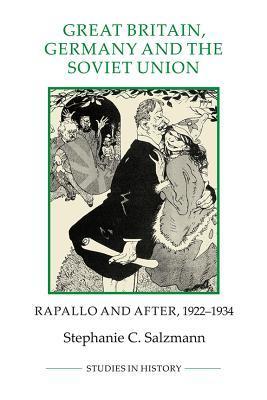
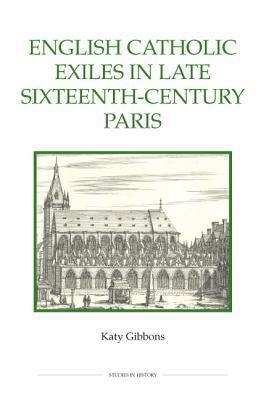
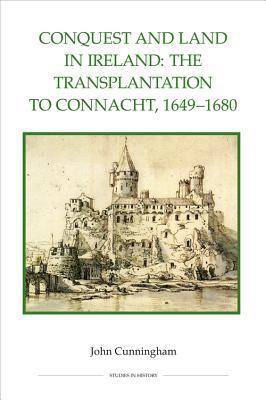
Books in series

Great Britain, Germany and the Soviet Union
Rapallo and after, 1922-1934
2002

English Catholic Exiles in Late Sixteenth-Century Paris (Royal Historical Society Studies in History New Series, 79)
2011

Conquest and Land in Ireland
The Transplantation to Connacht, 1649-1680
2011
The Local Church and Generational Change in Birmingham, 1945 - 2000
2012
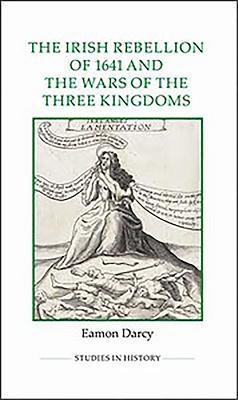
The Irish Rebellion of 1641 and the Wars of the Three Kingdoms
2013
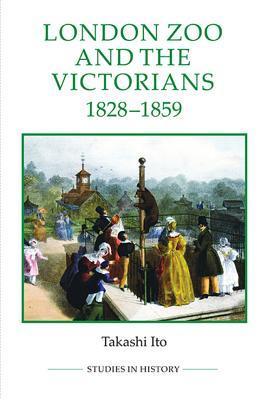
London Zoo and the Victorians, 1828-1859
2013
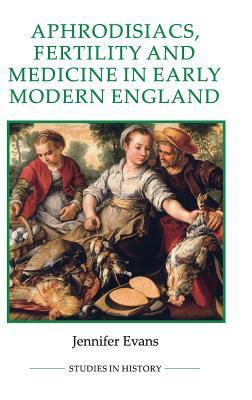
Aphrodisiacs, Fertility and Medicine in Early Modern England
2014
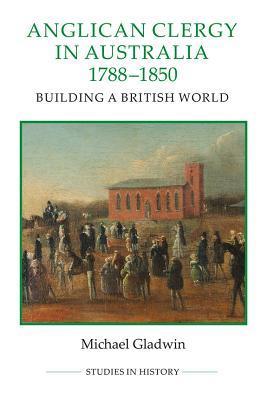
Anglican Clergy in Australia, 1788-1850
Building a British World
2015
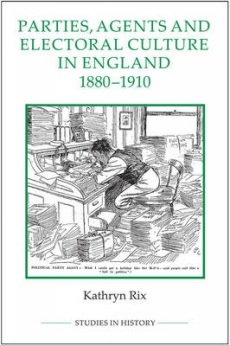
Parties, Agents and Electoral Culture in England, 1880-1910
2016
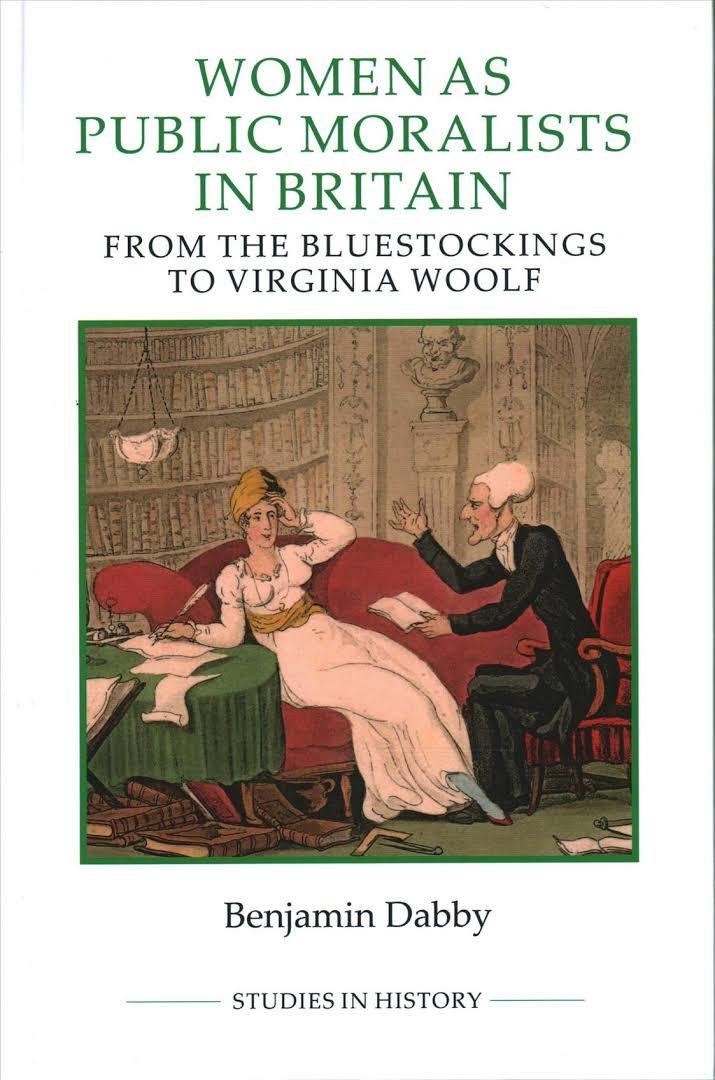
Women as Public Moralists in Britain
From the Bluestockings to Virginia Woolf
2017
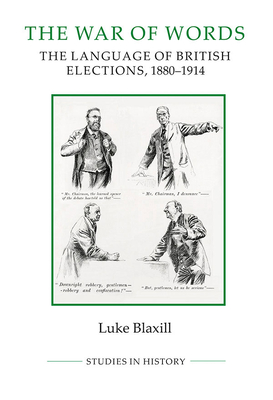
The War of Words
The Language of British Elections, 1880-1914
2020
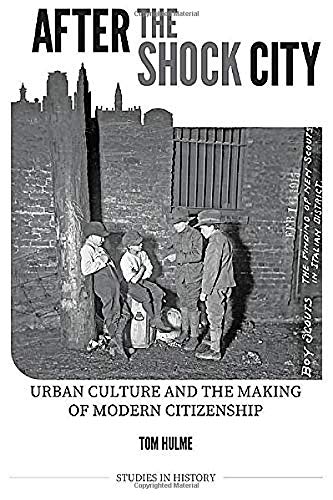
After the Shock City
Urban Culture and the Making of Modern Citizenship
2019
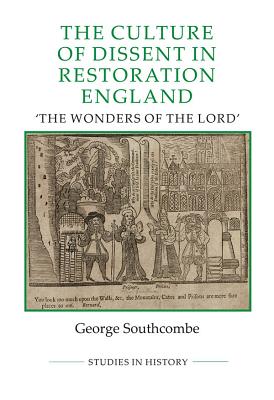
The Culture of Dissent in Restoration England
The Wonders of the Lord
2019
Authors
Librarian Note: There is more than one author by this name in the Goodreads database. Ian Jones, MBE has worked in bomb disposal for the last thirty-five years. As a major in the British Army, he served as officer commanding for all bomb disposal in Northern Ireland as well as working in Germany, Bosnia, Belize, Southern Africa, and most recently in Kosovo. He is now an explosives officer for the Metropolitan Police Force Bomb Squad in London.